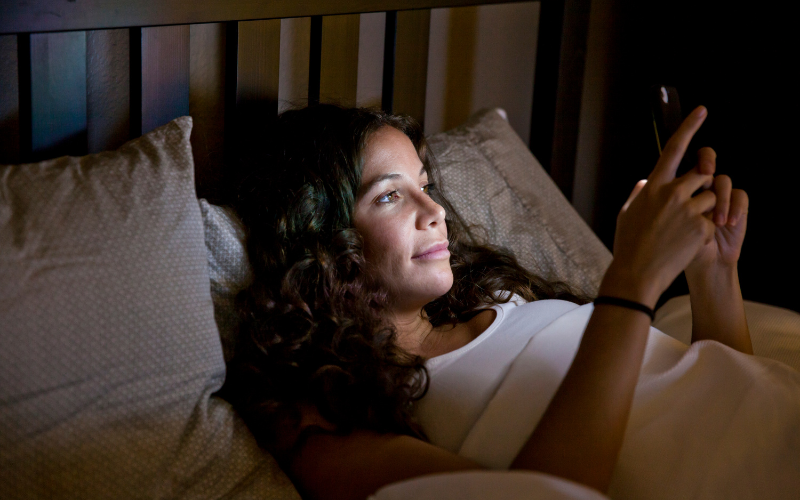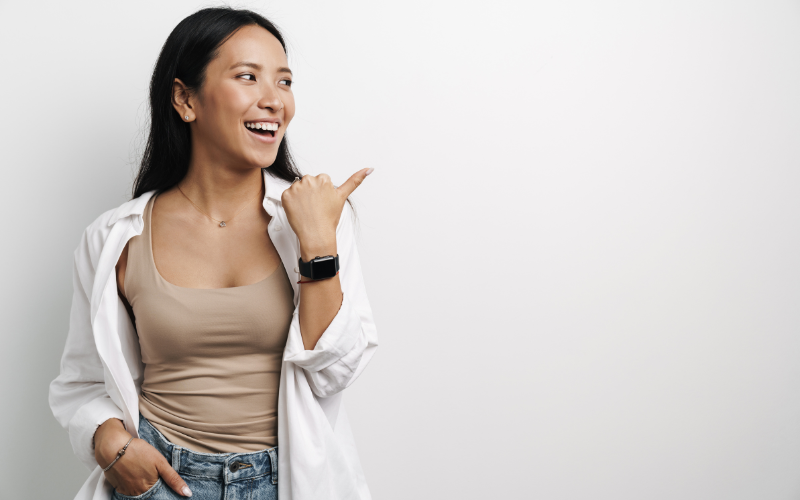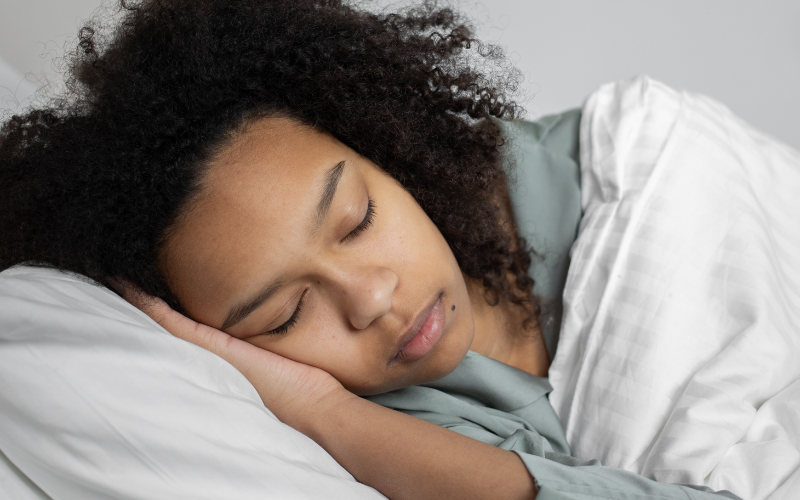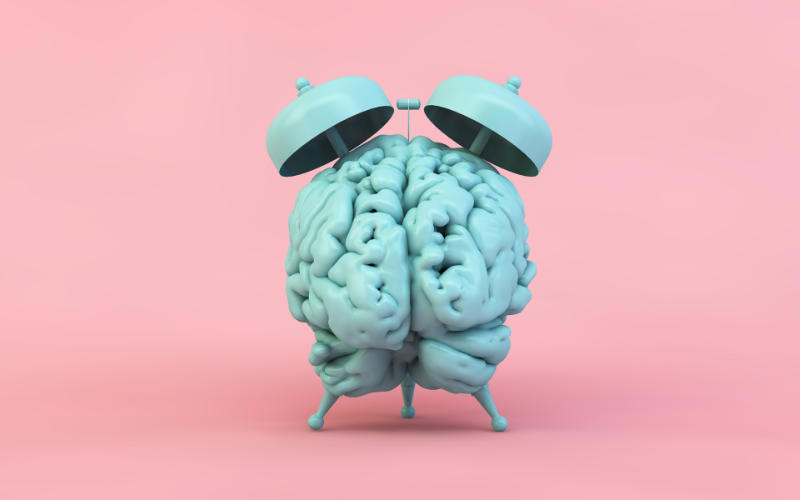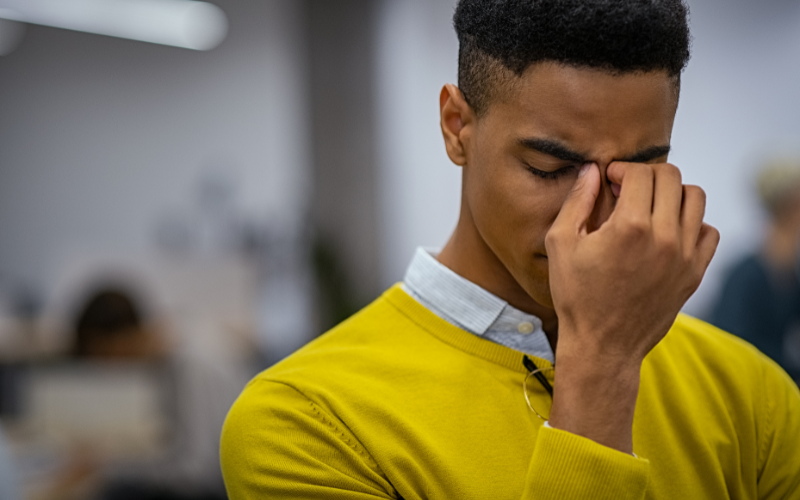Why the First Half of Your Sleep is Crucial for Brain Reset
Original Article | Sleep Review Magazine
Recent findings reveal that the initial hours of sleep play a crucial role in weakening neuron connections, paving the way for new learning the following day.
Summary: A study by University College London, published in Nature, shows that during the first half of sleep, the brain reduces connections made between neurons while awake, supporting the Synaptic Homeostasis Hypothesis. This “reset” prepares the brain for new learning. Using zebrafish with optically translucent genes for easy imaging of synapses, researchers found that sleep helps manage the strength of neuron connections based on prior wakefulness. The study raises questions about the second half of sleep, suggesting it might serve other brain functions like waste clearance or cell repair.
Key Takeaways:
- The first half of sleep is crucial for weakening the connections between neurons that are formed during wakefulness, helping to reset the brain for new learning the next day.
- The study utilized optically translucent zebrafish, allowing researchers to visually track how synapses in the brain were altered during different sleep-wake cycles.
- While the first half of sleep focuses on synaptic weakening, the function of the second half remains less understood, with theories suggesting it may involve brain waste clearance or cell repair.
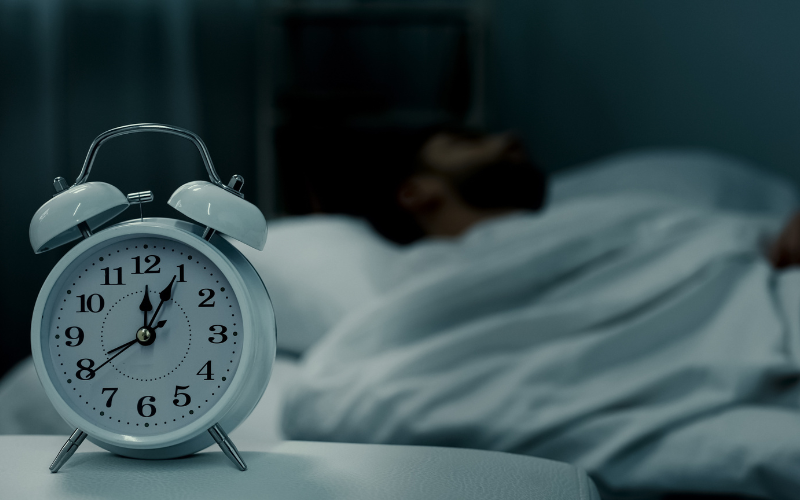
During sleep, the brain weakens the new connections between neurons that had been forged while awake—but only during the first half of a night’s sleep, according to a new study in fish by University College London scientists.
The researchers say their findings, published in Nature, provide insight into the role of sleep but still leave an open question about what function the latter half of a night’s sleep serves. The researchers say the study supports the Synaptic Homeostasis Hypothesis, a key theory on the purpose of sleep which proposes that sleeping acts as a reset for the brain.
“When we are awake, the connections between brain cells get stronger and more complex. If this activity were to continue unabated, it would be energetically unsustainable. Too many active connections between brain cells could prevent new connections from being made the following day,” says lead author professor Jason Rihel, PhD, in a release. “While the function of sleep remains mysterious, it may be serving as an ‘offline’ period when those connections can be weakened across the brain, in preparation for us to learn new things the following day.”
Study Shows Sleep’s Impact on Brain
For the study, the scientists used optically translucent zebrafish, with genes enabling synapses to be easily imaged. The research team monitored the fish over several sleep-wake cycles.
The researchers found that brain cells gain more connections during waking hours and then lose them during sleep. They found that this was dependent on how much sleep pressure (need for sleep) the animal had built up before being allowed to rest; if the scientists deprived the fish from sleeping for a few extra hours, the connections continued to increase until the animal was able to sleep.
“If the patterns we observed hold true in humans, our findings suggest that this remodeling of synapses might be less effective during a mid-day nap when sleep pressure is still low, rather than at night when we really need the sleep,” says Rihel in a release.
Neural Rearrangement Peaks in Early Sleep
The researchers also found that these rearrangements of connections between neurons mostly happened in the first half of the animal’s nightly sleep. This mirrors the pattern of slow-wave activity, which is part of the sleep cycle that is strongest at the beginning of the night.
“Our findings add weight to the theory that sleep serves to dampen connections within the brain, preparing for more learning and new connections again the next day,” says first author Anya Suppermpool, PhD, in a release. “But our study doesn’t tell us anything about what happens in the second half of the night. There are other theories around sleep being a time for clearance of waste in the brain, or repair for damaged cells—perhaps other functions kick in for the second half of the night.”
Photo 97439374 © Siriporn Kaenseeya | Dreamstime.com

